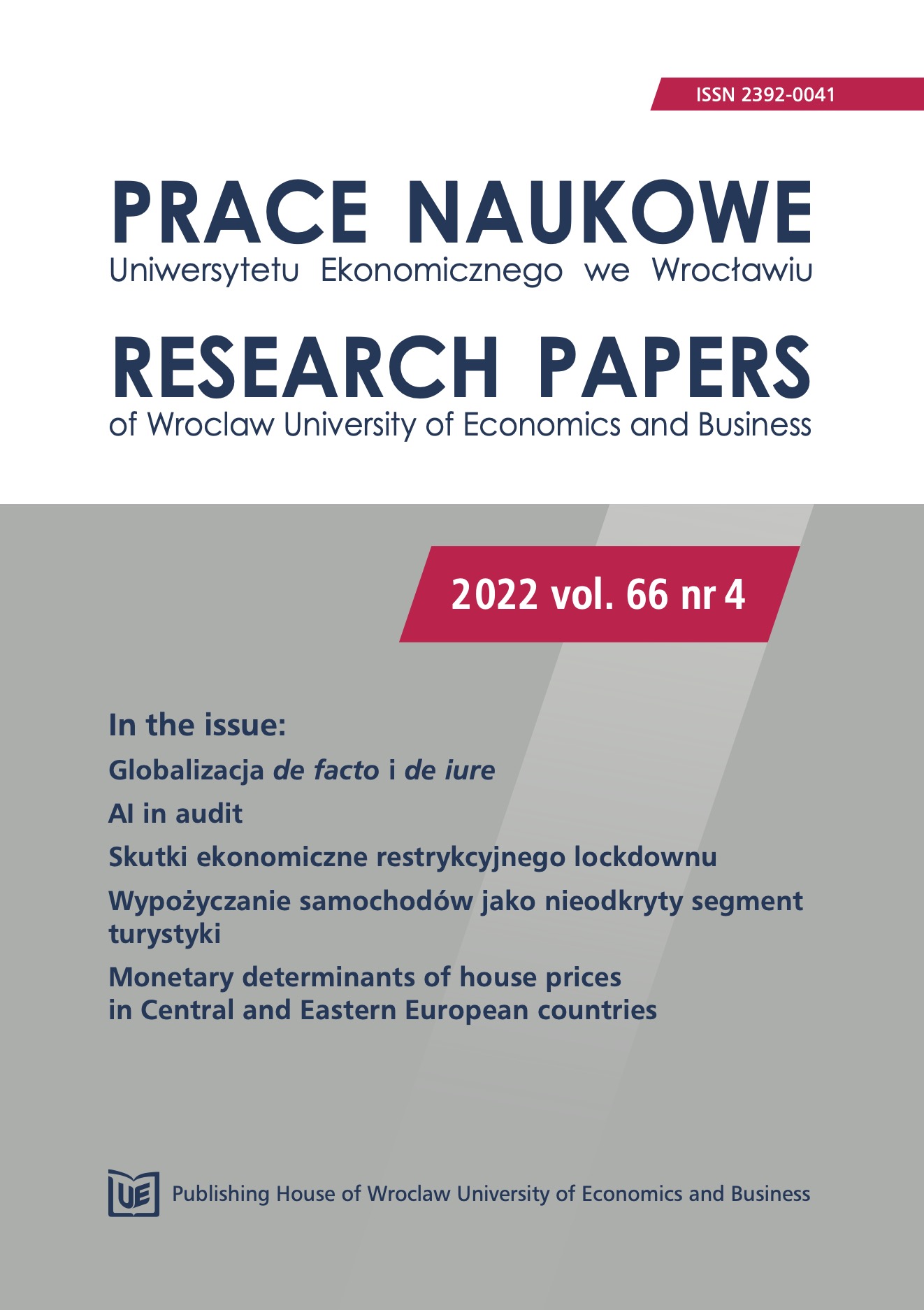Gospodarowanie odpadami podstawą przestrzennego zróżnicowania zielonej gospodarki w Polsce w latach 2017-2020
Waste management as a basis for spatial differentiation of the green economy in Poland between 2017 and 2020
Author(s): Andrzej Pawlik, Paweł DziekańskiSubject(s): National Economy
Published by: Wydawnictwo Uniwersytetu Ekonomicznego we Wrocławiu
Keywords: waste management; green economy; synthetic measure; diversification of voivodeships; natural environment
Summary/Abstract: Problems related to waste management have become a serious challenge for the modern economy. Rational management of depleted resources requires treating waste as a valuable raw material that can be reused, processed or, as a last resort, recovered for energy. Economic activity is more and more often conducted in modern conditions, which is often associated with a negative impact on the environment. The achieved level of economic development has generated many initiatives and strategies aimed at the development of the so-called green economy. The aim of the article is to assess the spatial diversification of waste management between 2017 and 2020, which should lead to a green economy in Poland. In order to achieve the goal defined in this way, the authors used various research methods. The Technique for Order Preference by Similarity to an Ideal Solution method was used to build the synthetic measure. As a result of the research, the spatial differentiation of voivodeships in Poland between 2017 and 2020 was presented and the impact of waste management on the green economy was confirmed.
Journal: Prace Naukowe Uniwersytetu Ekonomicznego we Wrocławiu
- Issue Year: 66/2022
- Issue No: 4
- Page Range: 116-131
- Page Count: 16
- Language: Polish

